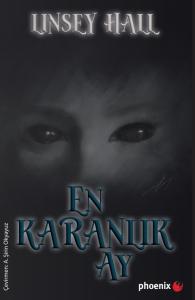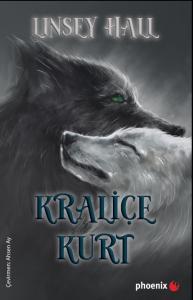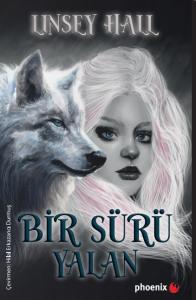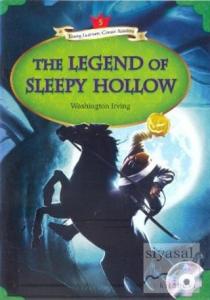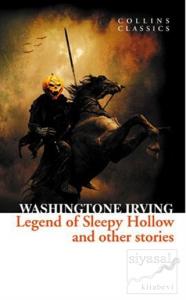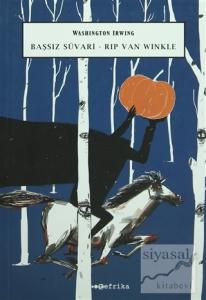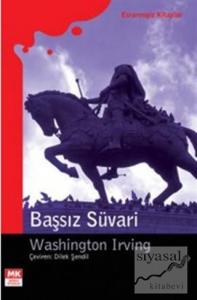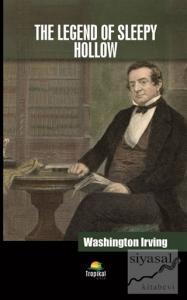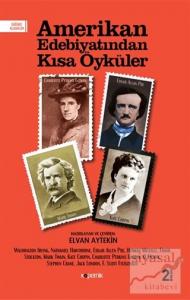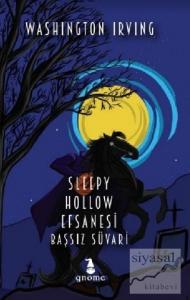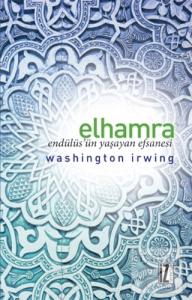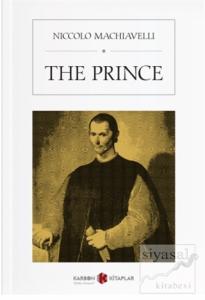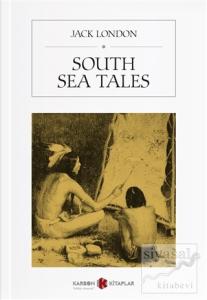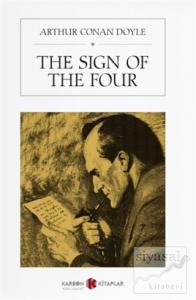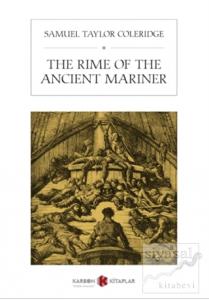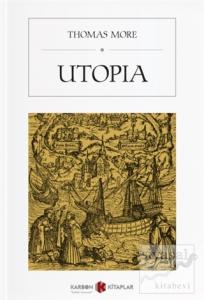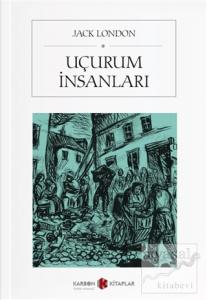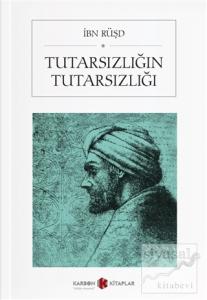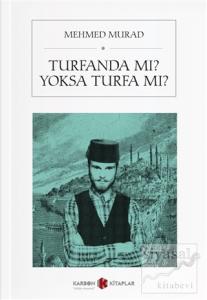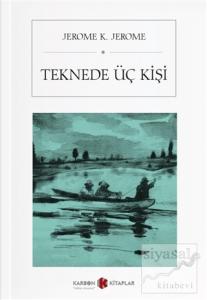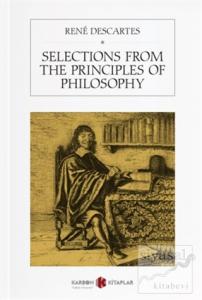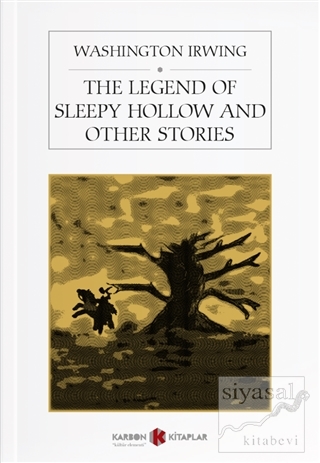
Headless horsemen were staples of Northern European storytelling, featuring in German, Irish (e.g. Dullahan), Scandinavian (e.g. the Wild Hunt) and English legends and were included in Robert Burns's "Tam o' Shanter" (1790), and Burger's Der wilde Jager, translated as The Wild Huntsman (1796). Usually viewed as omens of ill-fortune for those who chose to disregard their apparitions, these specters found their victims in proud, scheming persons and characters with hubris and arrogance.
Headless horsemen were staples of Northern European storytelling, featuring in German, Irish (e.g. Dullahan), Scandinavian (e.g. the Wild Hunt) and English legends and were included in Robert Burns's "Tam o' Shanter" (1790), and Burger's Der wilde Jager, translated as The Wild Huntsman (1796). Usually viewed as omens of ill-fortune for those who chose to disregard their apparitions, these specters found their victims in proud, scheming persons and characters with hubris and arrogance.
-
%15İNDİRİM30,00 25,50
-
-
-
-
%35İNDİRİM10,56 6,86
-
-
%20İNDİRİM100,00 80,00
-
-
-
-
%15İNDİRİM30,00 25,50
-
-
-
-
%35İNDİRİM10,56 6,86
-
-
%20İNDİRİM100,00 80,00
-
-
-
-
%15İNDİRİM30,00 25,50
-
-
-
-
%35İNDİRİM10,56 6,86







